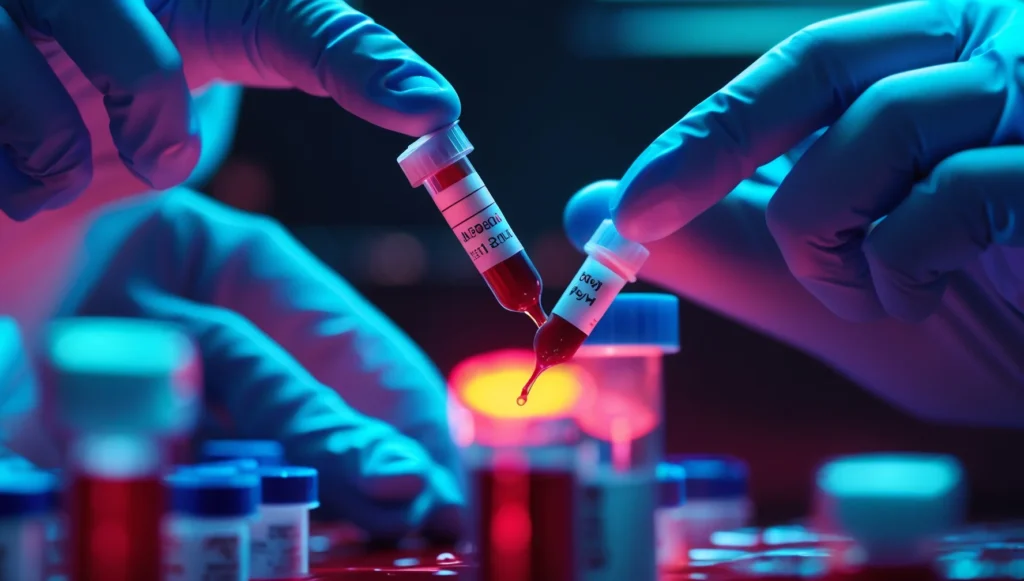Low testosterone, also known as hypogonadism, is a common issue for men over 50. while it’s a natural part of aging, low testosterone can significantly impact your energy levels, mood, and overall quality of life. understanding the signs and symptoms is the first step toward addressing this condition and reclaiming your vitality.
What Is Testosterone and Why Is It Important?
Testosterone is a key hormone responsible for male characteristics, muscle mass, bone density, and sexual function. as men age, testosterone levels naturally decline, but abnormally low levels can lead to a range of physical and emotional symptoms.
The Role of Testosterone in the Body
- Muscle and Bone Health: Testosterone supports muscle growth and maintains bone density.
- Energy Levels: It plays a crucial role in regulating energy and stamina.
- Mood and Cognitive Function: Testosterone influences mood stability and mental clarity.
- Sexual Health: It drives libido and supports reproductive functions.
“low testosterone doesn’t just affect your body—it impacts your mind and emotions too.”
How Common Is Low Testosterone?
Studies show that approximately 40% of men over 45 experience low testosterone levels. by age 70, this number rises significantly. however, many cases go undiagnosed because symptoms are often mistaken for normal aging.
Physical Symptoms of Low Testosterone
Low testosterone can manifest in various physical ways. recognizing these signs can help you seek appropriate treatment.
Fatigue and Low Energy
One of the most common symptoms of low testosterone is persistent fatigue, even after a full night’s sleep. you may feel sluggish or lack motivation to complete daily tasks.
Decreased Muscle Mass and Strength
Testosterone is essential for maintaining muscle mass. if you notice a decline in strength or muscle tone despite regular exercise, it could be a sign of low testosterone.
Increased Body Fat
Low testosterone levels can lead to weight gain, particularly around the abdomen. this is often accompanied by difficulty losing weight, even with diet and exercise.
Reduced Bone Density
Weakened bones, or osteoporosis, are another potential consequence of low testosterone. this increases the risk of fractures and injuries.
How to Monitor Bone Health
- Schedule regular bone density screenings if you’re at risk.
- Incorporate weight-bearing exercises like walking or lifting weights to strengthen bones.

Emotional and Mental Symptoms of Low Testosterone
Low testosterone doesn’t just affect your body—it can also take a toll on your mental and emotional well-being.
Irritability and Mood Swings
Men with low testosterone often report feeling more irritable, anxious, or emotionally unstable. these mood changes can strain relationships and reduce overall happiness.
Depression and Lack of Motivation
Low testosterone is linked to feelings of sadness, hopelessness, and a lack of interest in activities you once enjoyed. these symptoms can mimic clinical depression.
Difficulty Concentrating
Many men with low testosterone experience “brain fog,” making it harder to focus, remember details, or make decisions.
Sexual Symptoms of Low Testosterone
Low testosterone can have a significant impact on sexual health, which is often a source of concern for men over 50.
Decreased Libido
A noticeable drop in sex drive is one of the hallmark signs of low testosterone. you may find yourself less interested in intimacy or romantic activities.
Erectile Dysfunction
While erectile dysfunction (ED) can have multiple causes, low testosterone is a contributing factor in some cases. it may lead to difficulty achieving or maintaining an erection.
Reduced Semen Production
Testosterone plays a role in semen production. low levels can result in reduced ejaculate volume, which may affect fertility.

How Is Low Testosterone Diagnosed?
If you suspect you have low testosterone, it’s important to consult a healthcare professional. they can perform tests to confirm the diagnosis and recommend treatment options.
Blood Tests for Testosterone Levels
A simple blood test measures your total testosterone levels. typically, levels below 300 ng/dL are considered low. testing is usually done in the morning when testosterone levels are highest.
Evaluating Symptoms and Medical History
Your doctor will assess your symptoms and medical history to determine whether low testosterone is the underlying cause. they may also check for related conditions, such as obesity or diabetes.
Treatment Options for Low Testosterone
If diagnosed with low testosterone, several treatment options can help restore balance and improve your quality of life.
Testosterone Replacement Therapy (TRT)
TRT is the most common treatment for low testosterone. it comes in various forms, including gels, injections, patches, and pellets. while effective, TRT requires careful monitoring to avoid side effects.
Potential Risks of TRT
- Increased risk of blood clots or heart disease
- Prostate enlargement or cancer (in rare cases)
- Skin irritation from gels or patches
Lifestyle Changes to Boost Testosterone Naturally
In addition to medical treatments, lifestyle adjustments can help improve testosterone levels naturally.
Tips for Boosting Testosterone
- Exercise Regularly: Strength training and high-intensity interval training (HIIT) are particularly effective.
- Eat a Balanced Diet: Focus on protein, healthy fats, and micronutrients like zinc and vitamin D.
- Get Enough Sleep: Aim for 7-9 hours of quality sleep per night.
- Manage Stress: Chronic stress elevates cortisol levels, which can suppress testosterone production.
Frequently Asked Questions About Low Testosterone
Can Low Testosterone Be Reversed?
While low testosterone due to aging cannot be fully reversed, treatments like TRT and lifestyle changes can significantly improve symptoms and quality of life.
Does Low Testosterone Increase the Risk of Heart Disease?
Yes, low testosterone is associated with an increased risk of cardiovascular issues. addressing the condition through treatment and lifestyle changes can mitigate this risk.
When Should You See a Doctor?
If you experience persistent symptoms like fatigue, mood swings, or sexual dysfunction, consult a healthcare provider. early diagnosis and treatment can prevent complications.



